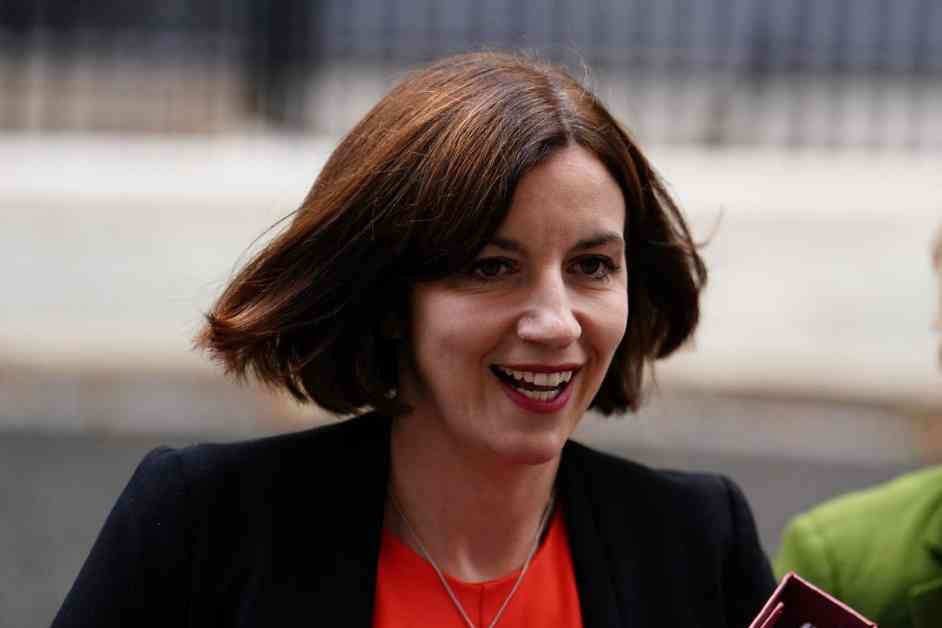Private Schools in the Spotlight
In a recent development, private schools are facing increased scrutiny regarding their utilization of funds for community outreach programs, particularly bursaries for underprivileged children. The issue has come to the forefront as the Government plans to impose VAT on private school fees, potentially impacting the availability of bursaries and shared facilities for disadvantaged students. Bridget Phillipson, a key figure in the discussion, has emphasized the importance of private schools continuing their efforts to support the wider community, despite the changes in VAT regulations.
Concerns Over Bursary Withdrawals
One of the primary concerns raised in light of the impending VAT increase on private school fees is the potential reduction in bursaries for students from low-income backgrounds. It has been reported that some private schools are considering scaling back on their bursary programs, which provide financial assistance to disadvantaged students, in response to the additional financial burden imposed by VAT. This move has sparked criticism from various quarters, with calls for private schools to uphold their commitment to supporting marginalized communities through such initiatives.
Bridget Phillipson, in a recent interview, expressed her disapproval of the idea that some private schools are not allocating a significant portion of their income towards bursaries. She highlighted the disparity between the substantial resources available to certain private schools and the relatively small percentage being directed towards bursary schemes. This disparity raises questions about the social responsibility of private schools and their role in promoting access to quality education for all students, regardless of their socioeconomic background.
Government Intervention and Accountability
The Government’s decision to remove the VAT exemption and business rates relief for private schools is part of a broader strategy to redirect funding towards state schools and address educational inequalities. By reallocating resources to support the recruitment of 6,500 new teachers in the state sector, the Government aims to improve educational outcomes for a larger number of students. However, concerns have been raised about the unintended consequences of this policy shift, particularly its potential impact on private school students and the broader education system.
Members of Parliament have warned that the imposition of VAT on private school fees could lead to parents withdrawing their children from the private sector, placing additional strain on state schools. This scenario could exacerbate existing challenges in the state education system, including overcrowded classrooms and limited resources. As such, it is essential for policymakers to consider the implications of their decisions on the entire education landscape and ensure that all students have access to high-quality education, regardless of their school setting.
The debate surrounding private schools and their social responsibility is not new, but the current focus on bursaries and community outreach programs has reignited discussions about the role of these institutions in promoting equity and inclusion. Private schools, with their significant resources and assets, have the potential to make a meaningful impact on society by supporting disadvantaged students and collaborating with the state sector. It is imperative for private schools to uphold their commitment to social responsibility and prioritize the well-being of all students, regardless of their socioeconomic status.
As the Government prepares to implement changes to the VAT regime for private schools, it is essential for all stakeholders to engage in constructive dialogue and work towards a sustainable solution that benefits all students. By fostering collaboration between private and state schools, leveraging resources effectively, and prioritizing the needs of disadvantaged students, the education sector can create a more equitable and inclusive learning environment for all. Ultimately, the success of our education system depends on our collective efforts to ensure that every student has the opportunity to thrive and succeed, regardless of their background or circumstances.












